Background
Our health care impacts our quality of life, even life itself. This in turn affects our families, the communities we belong to and society. In too many advanced economies, the value of healthcare, which is its quality and associated cost, is very mixed. This means we can be the recipient of markedly different health care outcomes depending on, for example, the provider team involved. These outcomes can range from the exceptionally good to the sub-optimal. One alarming outcome is medical error which is one of the leading causes of death in the USA.
It is vital, therefore, that we and/or our advocates become effective participants in our health care. Being passive in the healthcare arena increases the risk of a sub-optimal outcome for ourselves or someone close to us. Evidence informs us that our effective participation in our health care optimizes its value, the quality of our health care improves, and the overall cost of our health care is lower. Such outcomes positively impact our quality of life. Furthermore, these types of outcomes improve the overall efficiency of the healthcare sector, ushering in hugely positive, ongoing, and essential impacts for society.
Healthcare systems are inherently complex. This complexity is even more challenging when we factor the ever-present disruptive forces of change within the sector. These include leading edge clinical innovations, issues surrounding accessibility, cost, and equity along with legislative and policy changes. Additionally, long overdue pressures on the sector for greater transparency and competition centered on patient value are accelerating the adoption of transformational value-based healthcare. This backdrop is both incredibly exciting and hugely daunting at the same time. It further propels the need for us to become effective participants in our health care.



